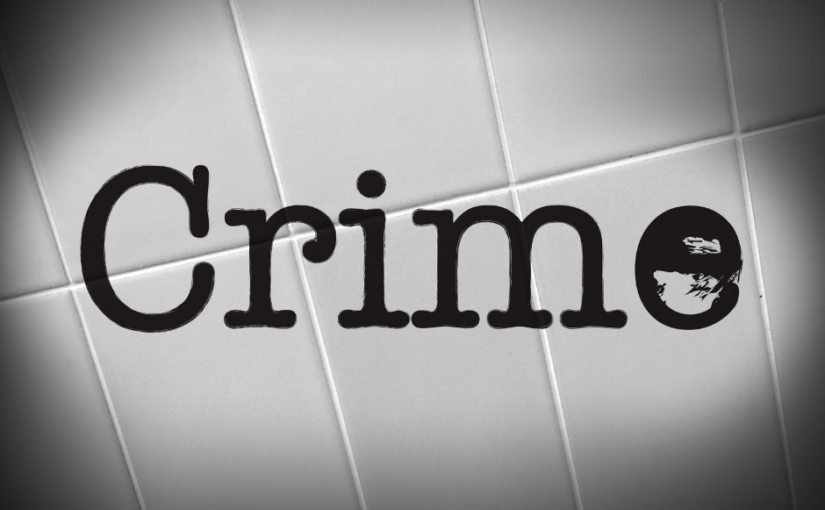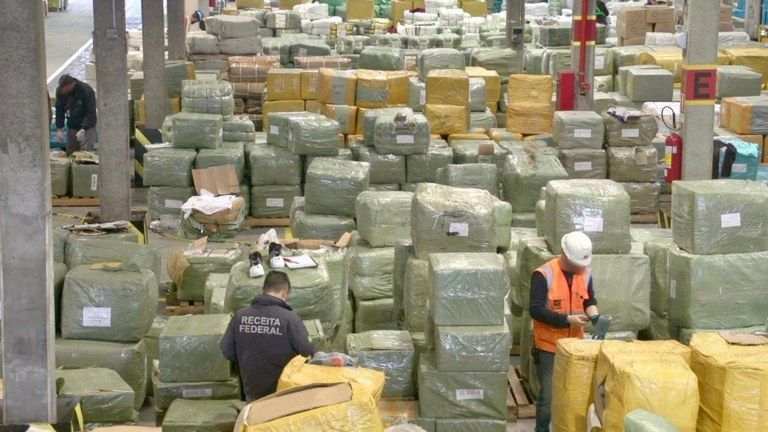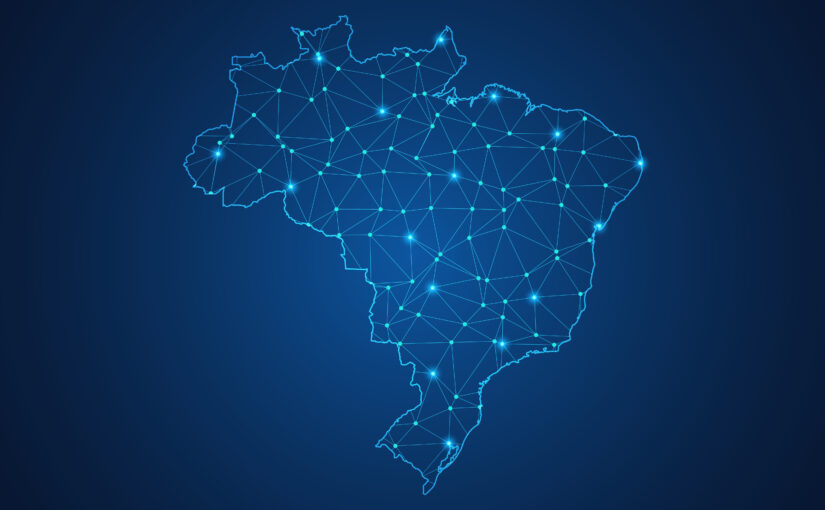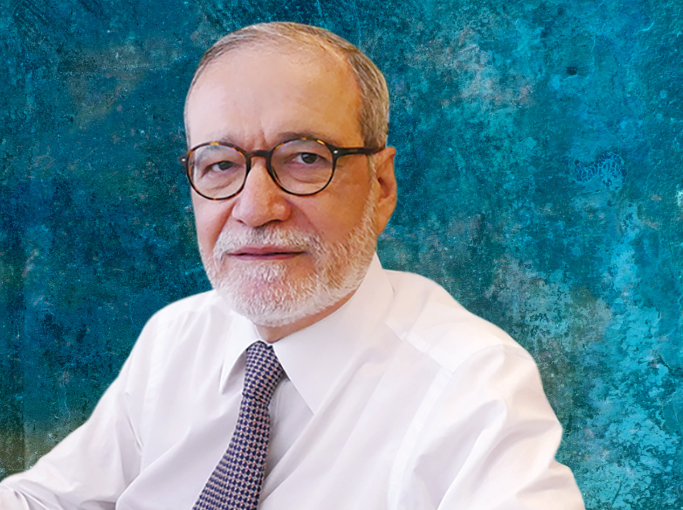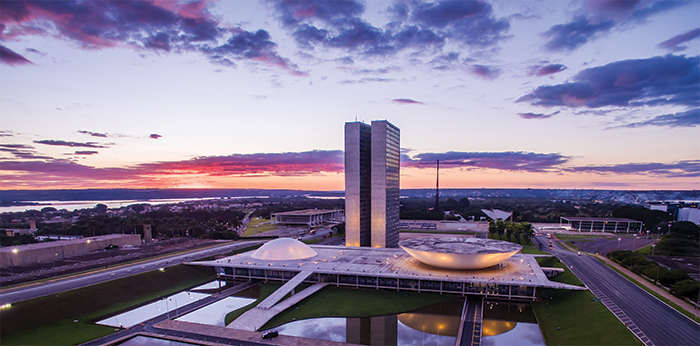The largest criminal organization in Brazil, the PCC is no longer a problem restricted to security authorities. It has also become a factor that hinders and distorts businesses in various sectors across the States.
Companies report difficulties in competing with businesses that receive “investments” from the criminal faction with the aim of laundering money and, in some cases, generating extra revenue for crime.
Other companies have changed routines due to the threat to the security of their operations in areas under crime control.
Recently, warnings about the penetration of organized crime into the formal economy were made by prosecutors, governor Tarcísio de Freitas (Republicans), the Minister of Justice, Ricardo Lewandowski, and even the president of the Central Bank, Roberto Campos Neto. Information also emerged about companies linked to crime being hired by public bodies.
Over the course of two weeks, the Market brought together reports from companies, lawyers, members of the Public Ministry, the Federal Police, deputies who had a career in the police and academics on the effects of organized crime on business.
Former owner of gas stations in São Paulo, a businessman who says he remains anonymous for security reasons says that what he paid to the distributor was often the price that stations close to his charged at the pump. According to him, many competitors with very low prices are “drug money laundries”. When I wanted to leave the business, one of those interested in buying the business was from outside the sector. He ended up selling it to another suitor.
The list of legal businesses that have become of interest to crime for money laundering includes hotels, motels, restaurants, butchers, beauty clinics, car dealerships, bakeries and even fintechs.
At the beginning of April, a Federal Police operation raided two companies in São Paulo that produce artists and funk parties, also identified as laundering channels.
“Organized crime moves a lot of drug money, which is its main revenue. It's money that needs to be laundered. Often, criminals start a company with money that needs to be laundered and suddenly the business emerges. We are not talking about small businesses, but about establishments that sell good products, where there will be a turnover of legal money mixed with illegal money and this makes investigations difficult”, says the regional delegate for the Judiciary Police of the Federal Police in São Paulo, Cristiano de Pádua . Other times, the crime is associated – through co-option – with already established companies, says the delegate. In this case, the business owner is able to increase his profitability, keeping part of the money laundered by crime.
Sometimes, crime enters a legal business through coercion. The owner of a bakery that was very busy in the capital of São Paulo received an offer to buy that he couldn't refuse, associated with an order for him to immediately accept the deal. Organized crime also takes advantage of one of the businesses that generates the most money: the cigarette industry.
“This is a subject that has become the subject of periodic discussions within the company’s management”, says the member of a cigarette manufacturer. Criminals linked to the PCC, Comando Vermelho, Os Manos (from Rio Grande do Sul) and other factions are seen by the industry as engines behind illegal cigarette operations. Another relevant player in the clandestine market, at least in Rio, are Jogo do Bicho operators.
Part of the Paraguayan brand cigarettes sold illegally in Brazil enters the country as contraband and is attractive due to its low price. They are legal brands in Paraguay, but not here.
Another part of illegal cigarettes has been produced domestically in Brazil. These are improvised factories that counterfeit cigarettes from Paraguayan brands, to reduce costs and risks in international logistics.
Last year, Brazilians smoked 108,7 billion cigarettes. Of this total, 36%, or 39 billion units, were illegal cigarettes, according to a study by Ipec, a market research company. The market share in the hands of criminals was around R$10 billion.
The contamination of private companies by the PCC gained prominence this month in São Paulo due to two cases. One of them, an operation that dismantled a scheme that involved directors of two bus companies in the capital of São Paulo with PCC criminals. Companies legally move millions of reais every year, with their own revenue and with transfers from the city hall. Public prosecutors pointed out that part of this money benefited the PCC.
Another operation attacked a fraud scheme in tenders in city halls and city councils in cities in the interior of São Paulo and which also benefited companies providing cleaning and inspection services that had members of the PCC behind them, according to prosecutors.
A lawyer who knows companies that provide cleaning services reports that the presence of the criminal scheme in cities in São Paulo is causing some entrepreneurs in the sector to simply stop seeking contracts in municipalities where crime is a direct competitor.
For legal companies, the environment of insecurity and competition with crime is fatal, says Edson Vismona, executive president of the Brazilian Institute of Ethics in Competition (ETCO) and the National Forum Against Piracy.
According to the National Confederation of Industry, losses in 14 sectors due to illicit activities went from R$100 billion in 2014 to R$410 billion in 2022.
The MP has already pointed out connections between PCC members and Social Health Organizations (OSS), which provide services for public health facilities.
Lincoln Gakiya and Fábio Bechara, São Paulo prosecutors, say that betting on entry into formal companies is often accompanied by schemes to circumvent control bodies, always with the aim of hiding the real beneficiaries.


